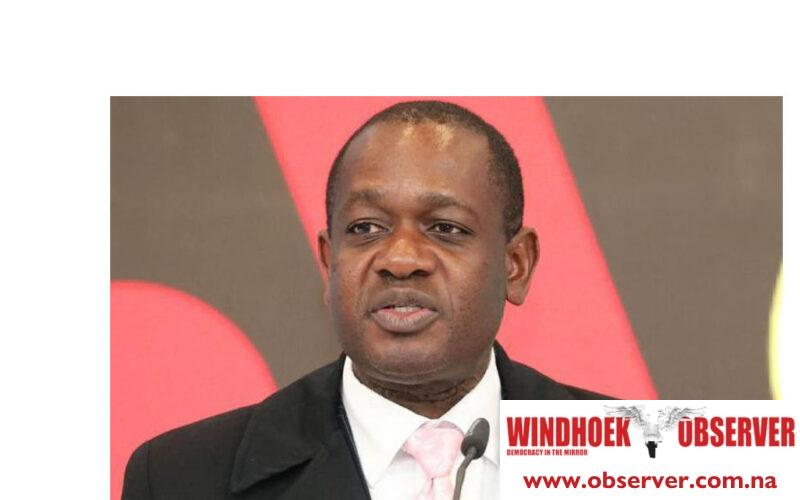Niël Terblanché
The upcoming Summit of the Future which aims to stimulate global transformation and create a conducive environment for the prosperity of all peoples and nations, will be hosted in Windhoek from 23 September.
The summit which will be co-facilitated by Namibia’s President, Dr Nangolo Mbumba, and Germany’s Chancellor, Olaf Scholz seeks to accelerate the achievement of the UN Agenda 2030 and to build collective efforts to address emerging global risks and challenges.
During the announcement in Windhoek on Thursday, Namibia’s Minister of International Relations and Cooperation, Dr Peya Mushelenga, reiterated the importance of the summit, which was first proposed in the United Nations Secretary-General’s “Our Common Agenda” report in 2021.
“The Namibian government is actively preparing for the summit by engaging the public through various awareness-raising activities,” Mushelenga said.
He added that in June this year, the government hosted Dennis Francis, President of the 78th Session of the UN General Assembly, who engaged with the Namibian public on the urgent need to advance the UN Sustainable Development Goals.
The visit by the UNGA’s Francis included a special address to a joint sitting of Parliament and various engagements with youth, academic institutions, and community groups.
According to Mushelenga, the outcome of the summit will be a comprehensive “Pact for the Future,” currently in its third review by all UN member states, with input from civil society and other stakeholders.
He said that this pact is expected to consist of a Chapeau and five key chapters: sustainable development and financing for development; international peace and security; science, technology, innovation, and digital cooperation; youth and future generations; and transforming global governance.
“The significance of the will focus on transforming global governance, which includes critical issues such as the reform of the UN Security Council to ensure fairer representation, particularly for Africa, and the restructuring of the international financial architecture to better serve developing countries,” he said.
Mushelenga added that despite ongoing negotiations, some divergent issues remain unresolved, including technology transfer, climate financing, and the reform of the UN Security Council.
“Namibia remains hopeful that these challenges will be overcome, enabling the global community to deliver on the aspirations of many, particularly women and children,” he said.
Mushelenga called on all member states to participate in the summit at the highest level and to mobilize resources to ensure the successful implementation of the Pact for the Future.
He also reiterated the importance of involving civil society, youth, women’s organizations, faith-based organizations, and other stakeholders in the process to ensure that the future is shaped inclusively and equitably.
He said that as the host nation, Namibia is set to play an important role in this historic global event, which aims to reinvigorate multilateralism and strengthen international cooperation in the face of today’s challenges.
The summit will focus on key points such as increased financing for development and climate action, with effective implementation of existing goals; an updated collective security system to better prevent, manage, and resolve conflicts; ensuring that science and technology benefit more people, with a focus on capacity building and access to technology; expanding youth participation in global decision-making, recognizing the critical role of young people in shaping the future and advocating for a more representative and effective UN Security Council and a reformed international financial architecture that addresses the needs of developing countries.
Mushelenga said that the Summit of the Future represents a critical moment for the global community to come together and chart a course toward a more equitable and sustainable future.
“By co-facilitating this summit Namibia demonstrates its commitment to global development and cooperation,” he said.




